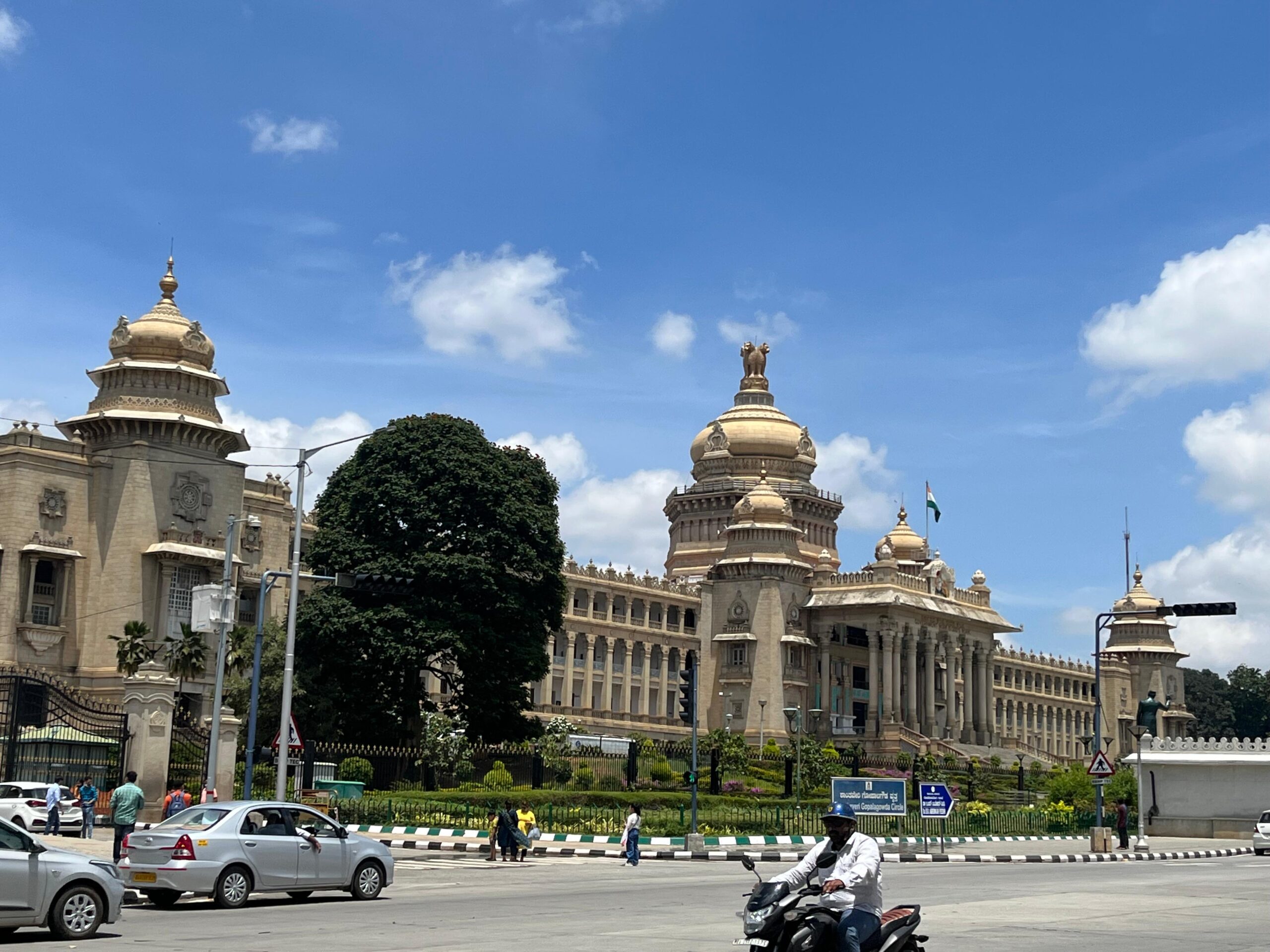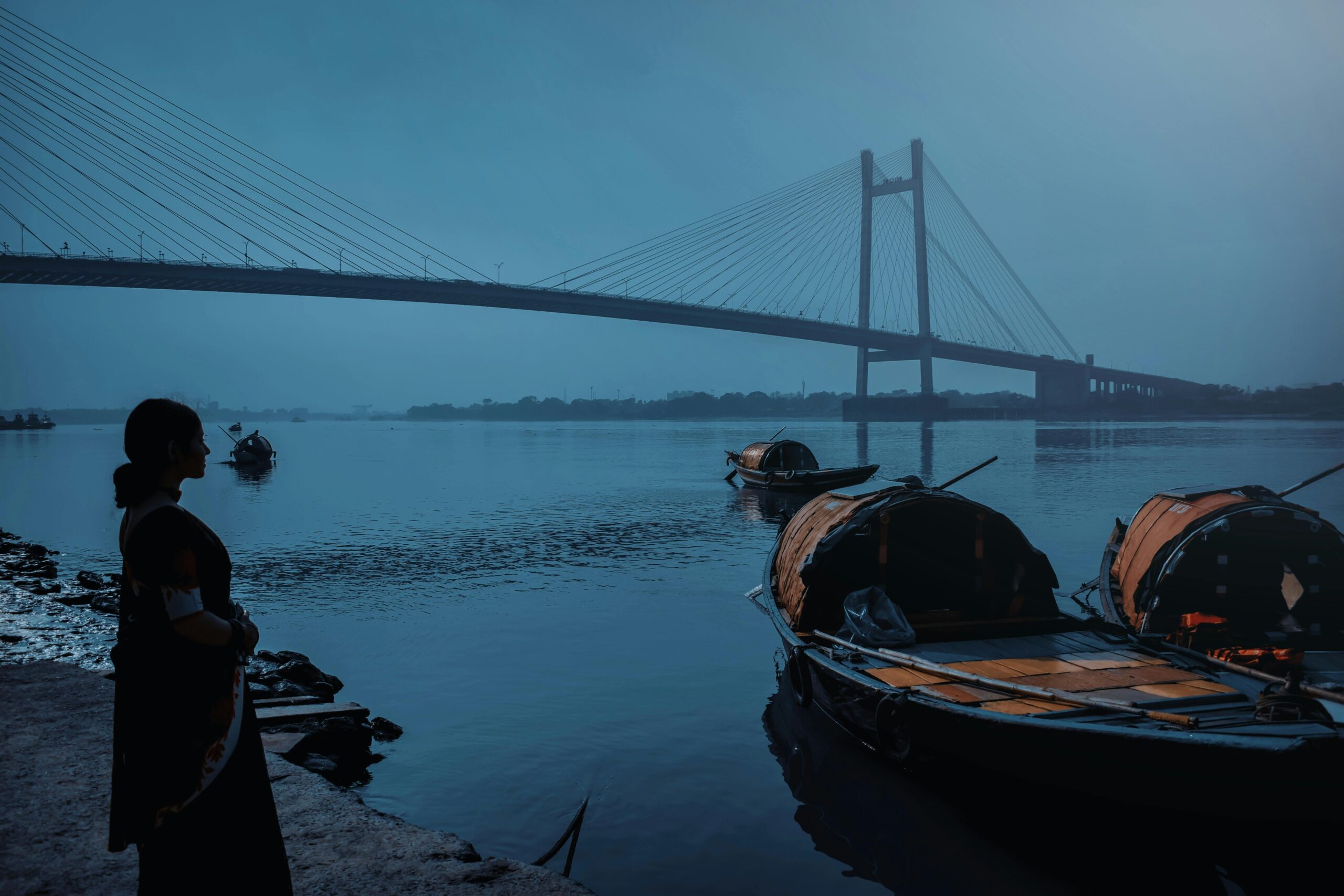
Bengaluru in a Nutshell: The Pleasant City with Warm Hearts
Mumbai has its vada pav, Kolkata its chicken rolls, Delhi can’t do without chole kulchas, Hyderabad is synonymous with biryani, and Chennai resonates with its idli-dosa. But what about Bengaluru ? What’s the quintessential snack of this vibrant city? After much contemplation, I realized Bangalore isn’t about one signature dish. It’s a melting pot—a delightful mix of South Indian cuisines, Northern delicacies, and even international flavours. From traditional dosas to the inventive ‘99 dosas’ with endless varieties, Bangalore serves up a little bit of everything.
This, in essence, is Bengaluru : a city that embodies diversity and inclusivity.

The Legend of Benda-Kaaluru
I still find it hard to associate Bangalore with its new name, Bengaluru. The name originates from Benda-Kaaluru, meaning “the city of boiled beans.” Legend has it that a hungry king, lost and weary, was offered boiled beans by an old woman. The king was so immensely satisfied that he named the place as “Benda-Kaal-uru”. While this tale might not hold historical accuracy, the essence of warmth and hospitality it represents has endured. Bengaluru has always been a city that welcomes everyone with open arms.
A city that once blossomed around lakes
Famous for its silk, sandalwood, and princely heritage, Bengaluru was originally a land of lakes. Built in the 16th century, these artificial lakes thrived as ecological havens, supporting a rich diversity of flora and fauna. My friend’s grandfather often reminisces about cycling through miles of greenery and serene lakes to reach his workplace at HAL in the 1960s. Sadly, urbanization has taken a toll. Many lakes have been encroached upon to make way for buildings and commercial hubs, but the few that remain continue to charm.
From Garden City to Silicon Valley
The transformation from Garden City to Silicon Valley began in the early 1980s with companies like Infosys and Wipro leading the IT revolution. This wave brought people from across the country to this “tiny” city to manage global operations. By the 1990s, Bangalore became the chosen destination for multinational corporations, and its corporate real estate sector flourished. The startup culture followed in the 2000s, with Koramangala and HSR Layout becoming hubs of entrepreneurial activity. Though many startups faltered, those that succeeded, like Flipkart, placed Bangalore firmly on the global innovation map.
The People Powering the City
Bangalore’s greatest strength lies in its people—a mix of hardworking professionals, fearless entrepreneurs, and creative thinkers. This dynamic workforce has made Bangalore a magnet for foreign direct investment and innovation. The city’s welcoming nature and multicultural vibe set it apart, fostering a sense of community that is rare in urban India.

The Enchanting Climate
Situated at an altitude of approximately 900 meters above sea level, Bangalore enjoys a pleasant climate year-round. Unlike Mumbai’s humidity, Chennai’s heat, or Delhi’s extreme weather, Bangalore offers a refreshing escape. The only other city with a comparable climate is Pune, perched at around 600 meters. But even paradise has its flaws.
Traffic Woes and Urban Challenges
Bangalore’s rapid growth has brought with it significant challenges. The city’s infrastructure struggles to keep up with its burgeoning population. Traffic is a nightmare, with peak-hour speeds in some areas crawling to 1.5-3 km/h. The infamous potholes, overcrowded roads, and erratic auto-rickshaws only add to the chaos. The metro, while helpful, is still limited in its reach, and new lines are years away from completion.
The city’s traffic woes have forced many to adopt a nomadic lifestyle, moving houses closer to workplaces. Owning a home here often feels more like an investment than a place to settle down. Companies, too, are rethinking ways to address employee commute times, recognizing the toll it takes on productivity.
Preserving Bangalore’s Essence
Despite its challenges, Bangalore’s potential remains immense. The city’s vibrant multicultural hub, driven by young millennials and professionals, ensures a bright future. However, to sustain its growth, Bangalore must address its infrastructure issues, protect its remaining water bodies, and curb pollution. Growth should not come at the cost of the city’s eco-system or its spirit of comfort and inclusivity.
Bangalore has always been a city of promise—a place where dreams take flight. But as it evolves, it must hold onto the warmth, hospitality, and charm that make it truly unique. After all, what makes Bangalore special is not just its technology or startups but its people and the sense of belonging it inspires.
